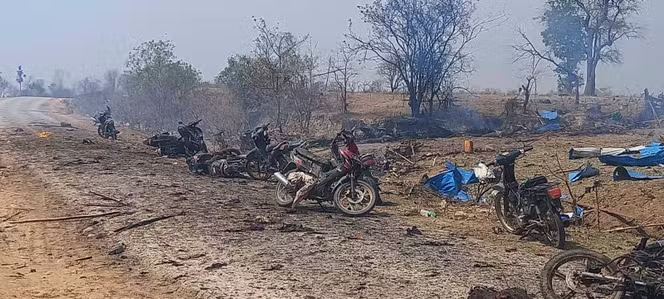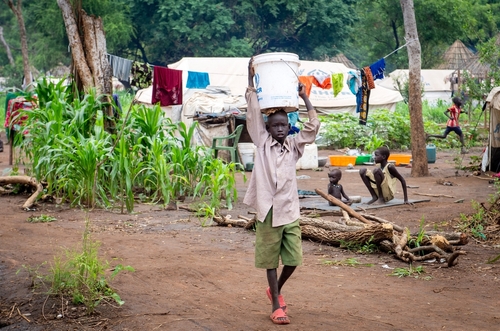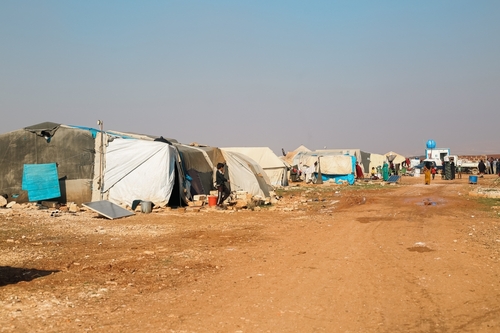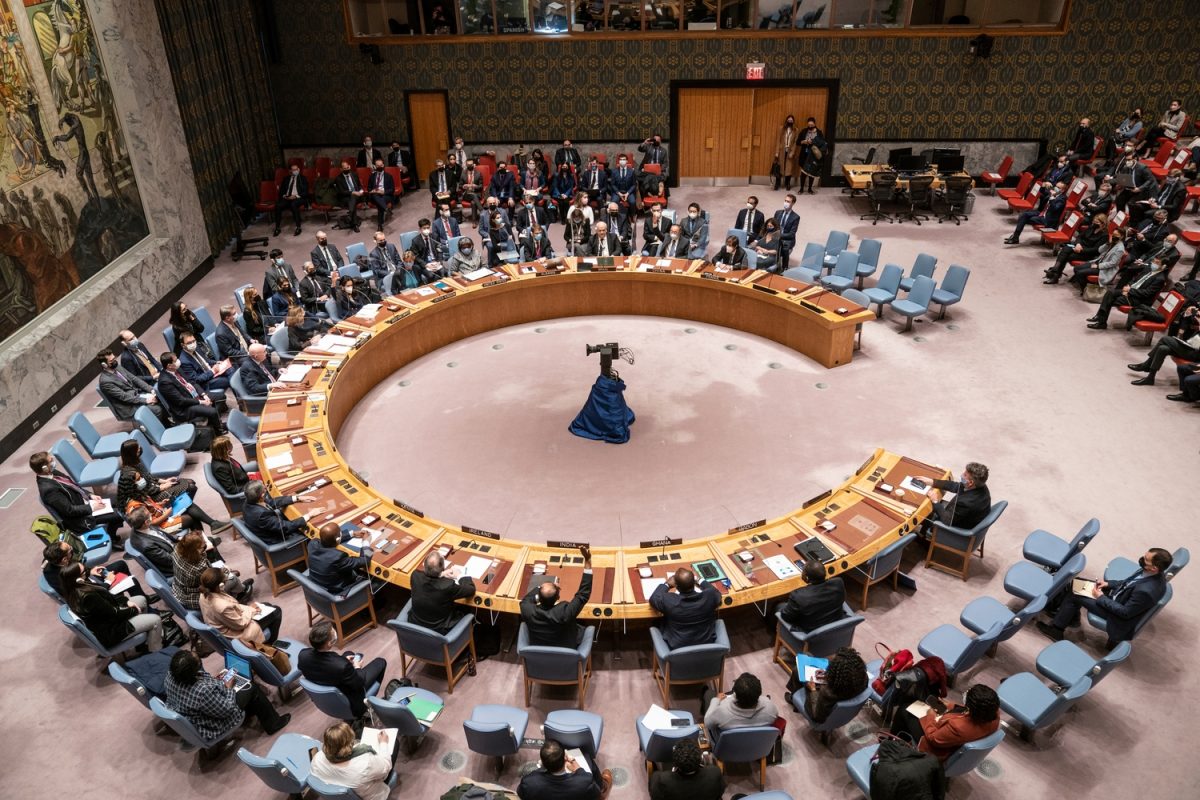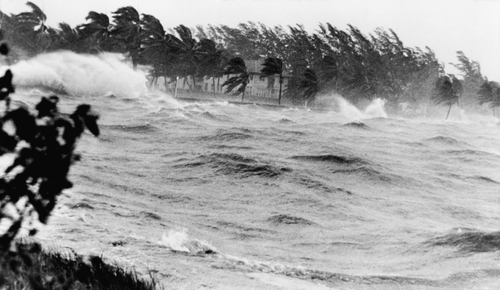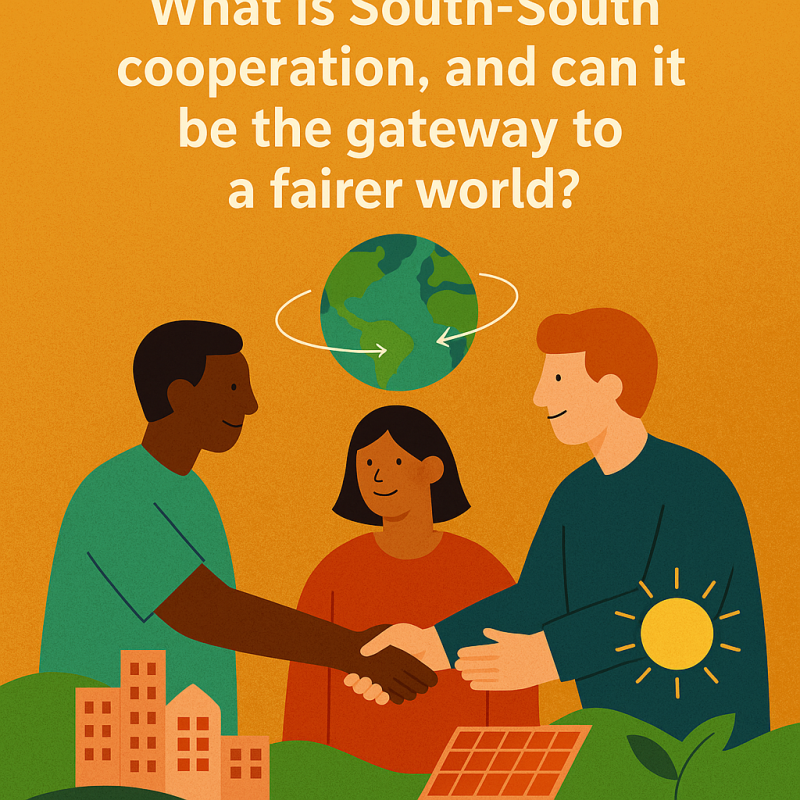The United Nations has condemned a deadly airstrike in Myanmar’s Sagaing Region that killed dozens of civilians, including children, calling it part of a “disturbing pattern” of indiscriminate military attacks on non-combatants.
According to reports, at least 24 people were killed and over 45 injured on Monday when explosives were dropped on civilians attending a religious festival in Chaung-U township. Witnesses said a motorized paraglider was used to drop two bombs on the crowd gathered to celebrate a national holiday.
“The indiscriminate use of airborne munitions is unacceptable,” said UN Spokesperson Stéphane Dujarric, speaking to journalists in New York. “All parties to the conflict must comply with their obligations under international humanitarian and human rights law.”
A Disturbing Escalation
The attack marks yet another violent episode in the conflict that erupted after the February 2021 military coup, which ousted Myanmar’s elected government and detained key leaders, including President Win Myint and State Counsellor Aung San Suu Kyi.
Sagaing, one of the regions hardest hit by the fighting, is also still reeling from the 7.7-magnitude earthquake that struck earlier this year, compounding already dire humanitarian conditions.
According to the UN Human Rights Office (OHCHR), Sagaing has recorded the highest number of airstrikes and civilian deaths in the country. Between 28 March and 31 May 2025, at least 108 airstrikes were reported there, killing 89 civilians.
Air Power Intensifies Despite Ceasefire Claims
OHCHR reports that Myanmar’s military has increasingly turned to air power and paramotor tactics, capable of carrying 120mm mortar rounds, to strike civilian-inhabited and earthquake-affected areas.
This escalation has continued despite declared temporary ceasefires in April and May, which the military said were intended to facilitate post-earthquake rescue operations.
The UN says these tactics represent a clear disregard for international law and contribute to what it describes as a pattern of deliberate targeting of civilians.
Documented Atrocities and War Crime Concerns
The UN rights office’s September report recorded:
- 6,764 civilian deaths since the 2021 coup,
- Over 29,000 political arrests, and
- Nearly half of all verified civilian deaths (April 2024 – May 2025) caused by airstrikes.
The report documents deliberate attacks on schools, markets, homes, places of worship, and displacement camps.
“Atrocities such as extrajudicial killings, mutilation, and widespread destruction of property have been documented,” OHCHR said. “The use of airstrikes with no discernible military objective raises serious concerns of war crimes.”
A Humanitarian Crisis Deepening
With hundreds of thousands displaced and humanitarian access severely restricted, the UN continues to call for unhindered access to affected populations and international accountability for grave violations.
The situation in Myanmar, particularly in Sagaing, Mandalay, and Shan, remains one of the world’s most urgent humanitarian and human rights crises — where civilians continue to bear the brunt of an intensifying conflict.
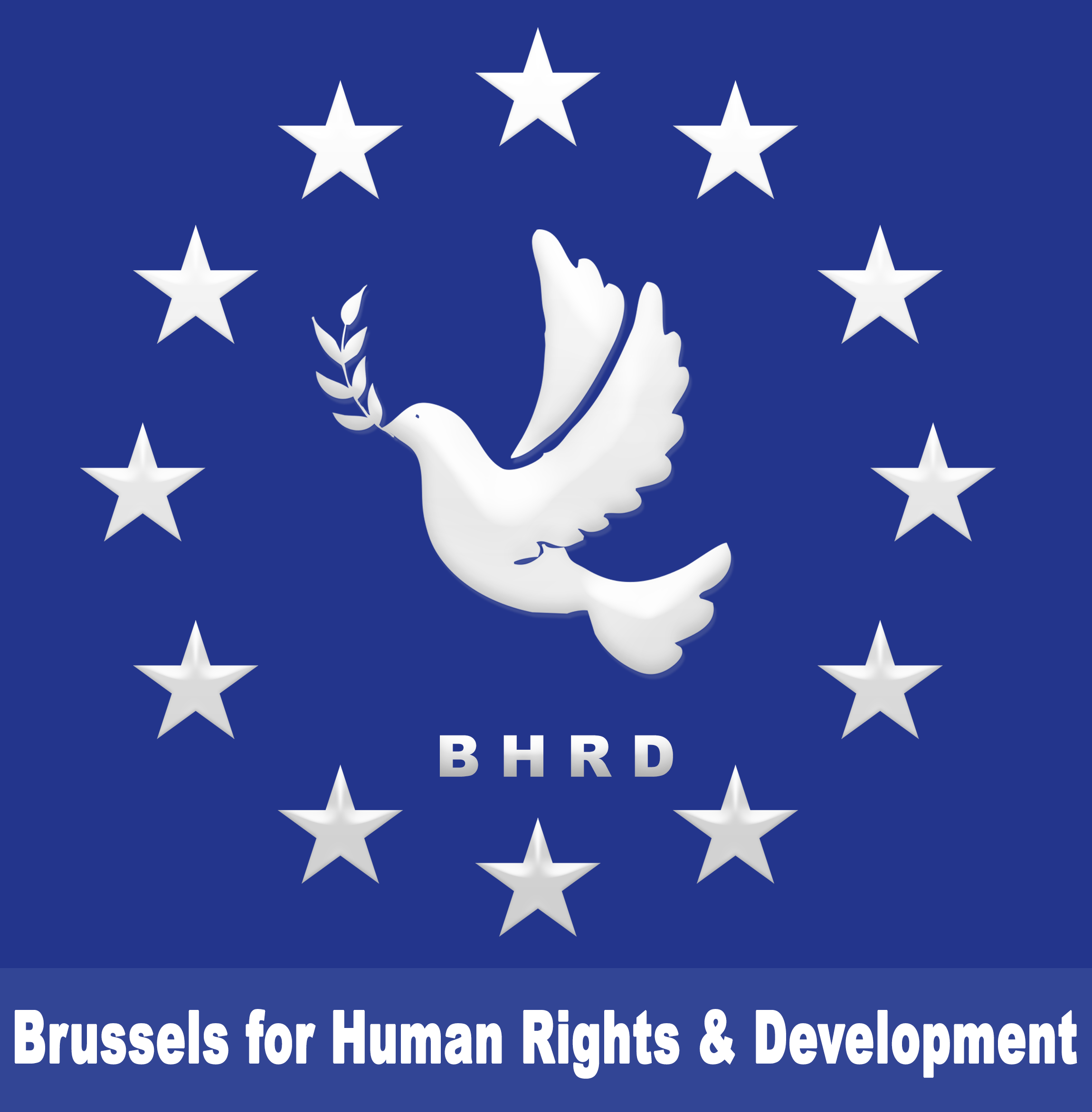

 العربية
العربية